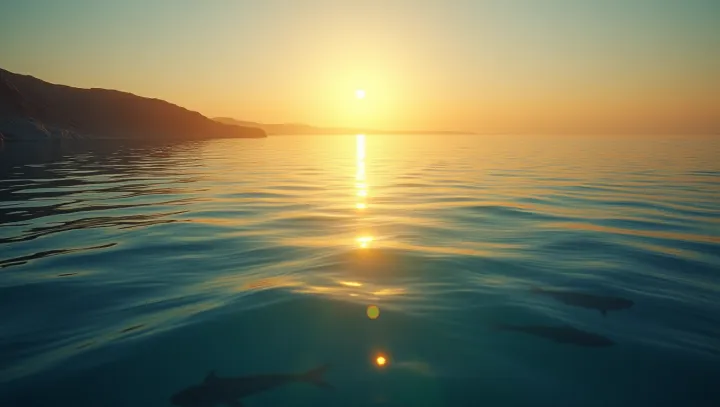Discovering the Mighty Caspian Sea

The Caspian Sea stands as the planet's largest enclosed inland body of water, yet its title as a 'sea' often sparks curiosity. Straddling the boundary of Europe and Asia, it is bordered by Russia, Kazakhstan, Turkmenistan, Iran, and Azerbaijan. Despite the misnomer, the Caspian Sea is a lake, remarkable for its saltwater composition, distinguishing it from freshwater lakes.
This unique characteristic contributes to a diverse ecosystem, making it home to numerous endemic species. The significance of the Caspian Sea extends beyond its geographic and ecological attributes. Rich in oil and natural gas reserves, it is a focal point in geopolitical discussions.
Nations surrounding the Caspian engage in extensive negotiations to harness its resources, balancing ecological preservation with economic gain. In recent years, the water levels of the Caspian have attracted environmental concerns. Scientists attribute fluctuations to climatic variations and human interventions.
Research initiatives aim to understand these changes better, striving for sustainable management of this crucial resource.
